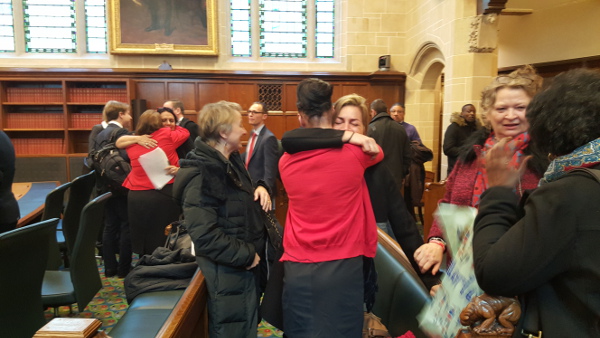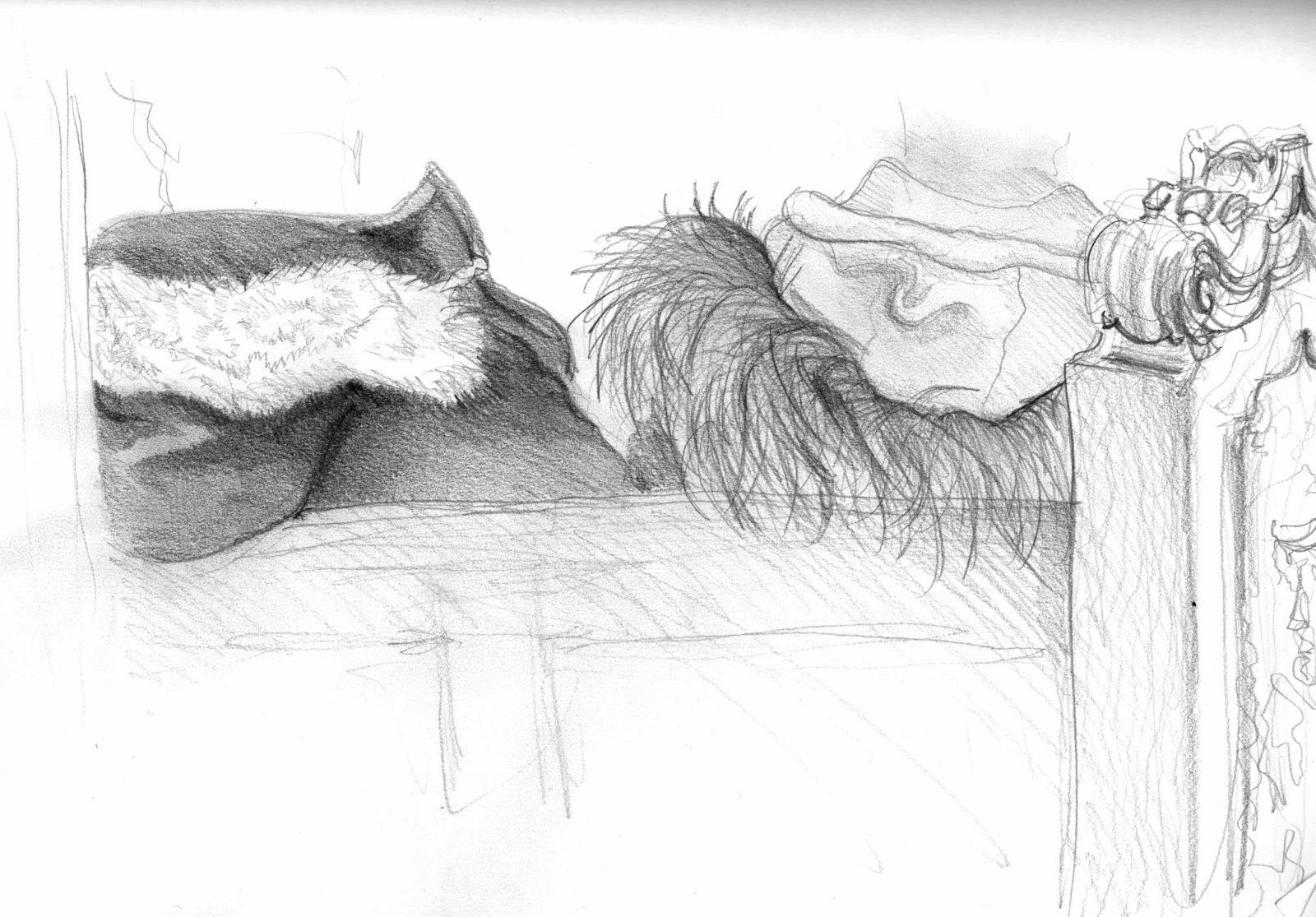How can you be convicted of murder with no evidence? Joint enterprise. A judge-made doctrine of law which allows for two or more people to be held equally accountable for the actions of another. That’s what happened to me.
I started getting involved in petty crime and hanging around with the wrong crowd after being expelled from high school when I was 13. After my mother died, when I was 18 I turned to drugs and crime to feed my habit. I was involved in a burglary that went wrong, the other person I was with hit the person living at the house, resulting in his death. I remember just struggling to stand up in court. Hearing, ‘Life, 20 years.’ I’ve been convicted of murder. I’ve not touched anybody. I never wanted anyone to get hurt.
I was wrongfully convicted of murder under Joint Enterprise.
Unlike all other criminal acts with joint enterprise it is not necessary for both parties (or more) to carry out the ‘act’, as long as one person had ‘knowledge’ of what the other would do. Then they are seen as equally responsible for the act and any consequences that result, unless you can prove you ‘withdrew’ from the agreement/act.
Joint enterprise can be an effective tool for convicting those who have both ‘agreed’ on a specific course of action(s), yet it’s not clear exactly who did what. It can be effective in certain cases, such as if someone provides a weapon (with knowledge of the intent) for someone else to use but will not be there.
Most court cases will only find a defendant guilty when sufficient evidence is produced before the court. This is known as the ‘burden of proof’ which is ‘beyond a reasonable doubt’. With joint enterprise the burden of proof or evidential bar is ‘lowered’ for secondary parties. This alone is grossly unethical, I disagree with the use of joint enterprise when it is used to hoover up all those on the fringes of an offence.
For example, when a friend has innocently, unknowingly picked up a friend who it later turns out has just committed a crime. And when I have seen it used against a group of children. The campaigning group I’m part of – JENGbA (Joint Enterprise Not Guilty by Association) – campaigned against a case where kids were linked to a murder simply due to fact they appeared in a music video with a perpetrator, a music video made with police through a community initiative to get kids off the streets. This video was used as evidence of gang affiliation, rather than it being previously seen as a positive. The fact that the kids have not met since the video was made was seen as irrelevant.
 So what went wrong with Joint Enterprise? What went wrong is nothing short of disgraceful. Especially in a profession based on virtues, principles, accountability, responsibility and diligence. Truth and equity should be the cornerstones of any court system.
So what went wrong with Joint Enterprise? What went wrong is nothing short of disgraceful. Especially in a profession based on virtues, principles, accountability, responsibility and diligence. Truth and equity should be the cornerstones of any court system.
The turning point was the case of Jogee (2016). The Supreme Court acknowledged that ‘the law had taken a wrong turn’ and it was held that the court had ‘misinterpreted’ their own judge-made ‘common law principles’ for 32 years. Now, as someone who has been on the wrong end of these misinterpretations, a ‘wrong turn’ is infuriating to be honest. The courts had used ‘possible foresight‘ (could you/I possibly foresee the actions of my co-defendant) instead of actual evidence to convict people, and convict them of the worst possible crime possible, murder, coming with a standard life sentence.
The reality that I and many others endured and still endure is that there was no need for the prosecution to find evidence of intention to convict. A decision that dehumanised me, seriously disrupted the life of my family, my kids. The courts have invariably been convicting people of the most heinous crimes with literally no evidence. My sentence was only a small one (20 years) compared to those I’ve seen with up to 35 years or more.
So, how have the courts/judiciary remedied their negligence? They haven’t.
Instead, they rely on a test of ‘substantial injustice’. This has not been defined and to date I am the only person to have my conviction quashed. Hundreds of cases which I know to be more ‘unsafe’ than mine are being dismissed with no accountability from the courts whatsoever. The judiciary has monumentally got it wrong, and, for 32 years, judge after judge, case after case, resulting in decades of unlawful conviction and imprisonment. Sadly, because those who are suffering this nightmare are termed as criminals (albeit most are innocent) there is little public interest in it.
What is the answer?
It Is essential that outdated doctrines like joint enterprise are reformed. All Joint Enterprise pre Jogee (2016) cases must be granted leave to appeal. With the test for ‘substantial injustice’ also being removed as a barrier to justice and equality for all.
Children should not be sentenced to life sentences, period. The police, prosecution, and especially the courts must be solely concentrating on facts and evidence when seeking convictions. Lowering the burden of proof should not be allowed. I only ask for justice, fairness and equality for all. Locking innocent people up helps no-one.







